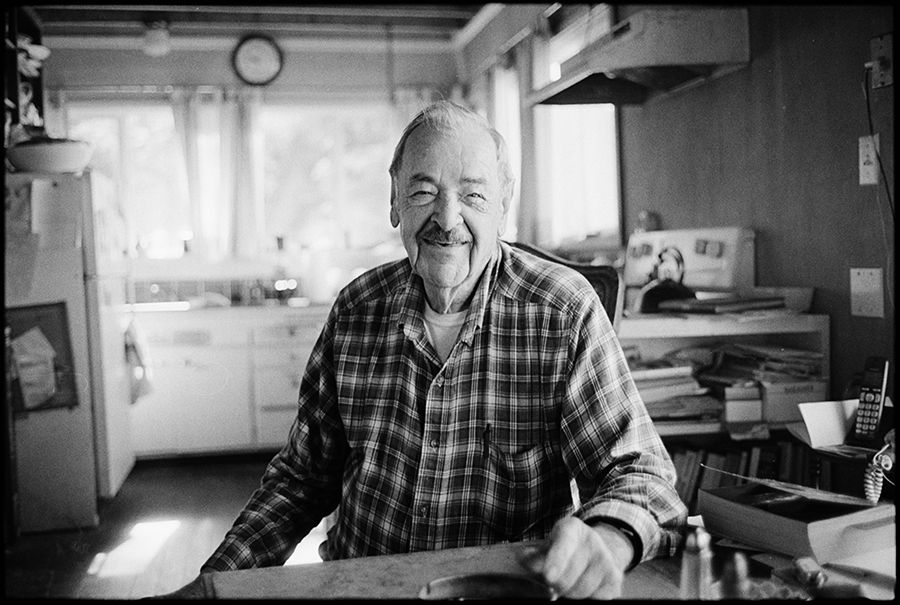Paul Elmore was born in Petaluma and was a student and then a professor of sociology. He was president of the East Shore Planning . . .
Paul Elmore on sociology, isolation and life in Marshall


Paul Elmore was born in Petaluma and was a student and then a professor of sociology. He was president of the East Shore Planning . . .